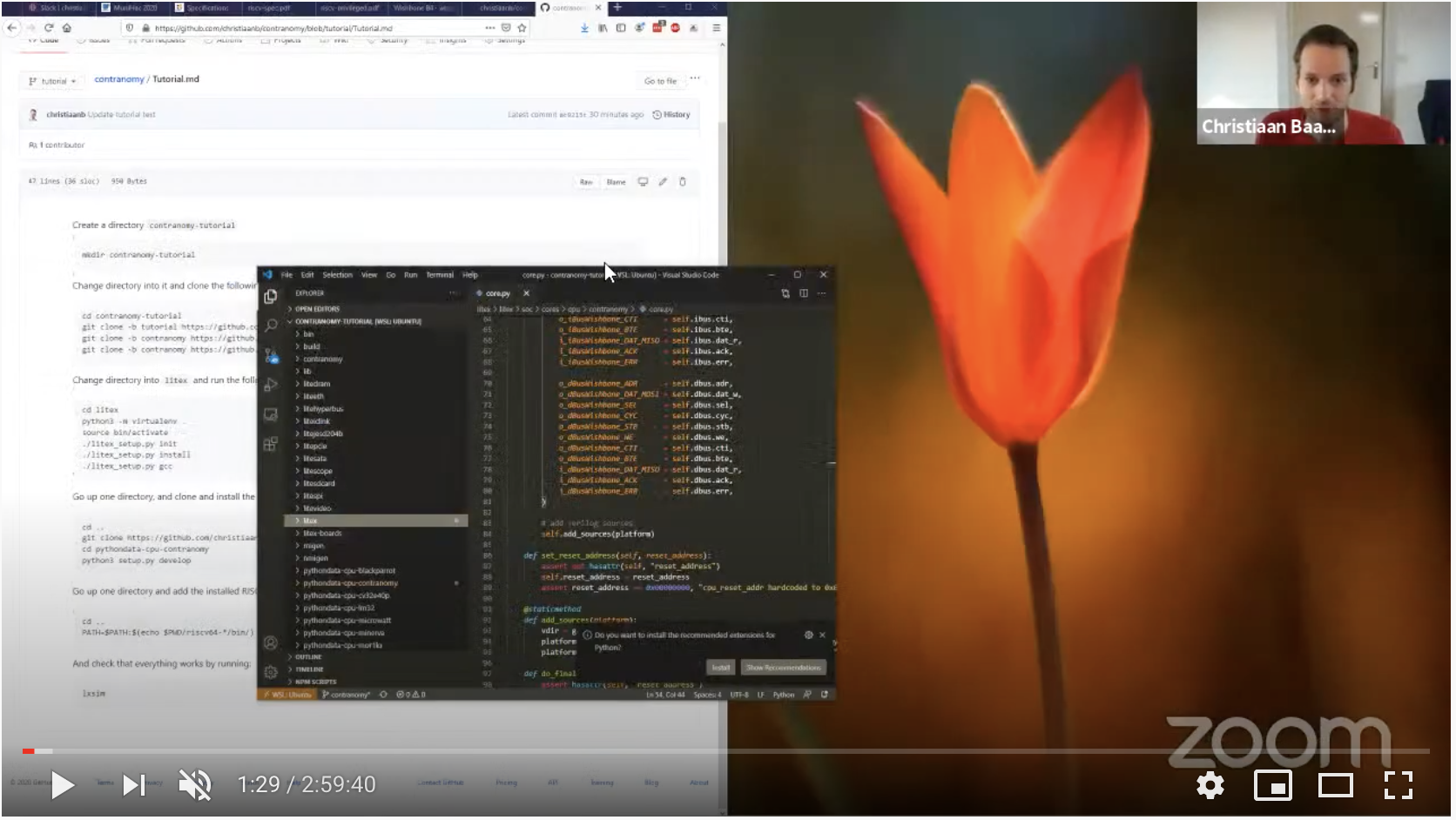
RISC-V Summit North America 2025 · Santa Clara, California - Oct 22-23 · Register Now

Copyright © RISC-V International®. All rights reserved. RISC-V, RISC-V International, and the RISC-V logos are trademarks of RISC-V International.
For trademark usage guidelines, please see our Brand Guidelines and Privacy Policy. Code of Conduct Policy. Antitrust Policy.